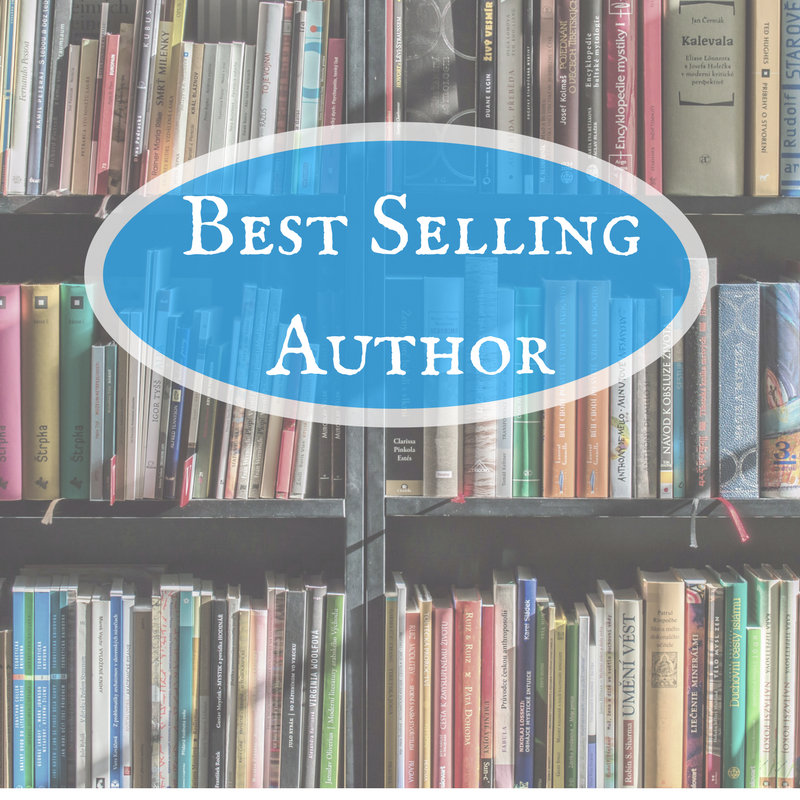
Interview with Best-selling Author Sarah Sundin
Can you share a little about your recent book? Burdened by his past, fighter pilot Lt. Adler Paxton battles…
November 1, 2019
Can you share a little about your recent book? Burdened by his past, fighter pilot Lt. Adler Paxton battles…
November 1, 2019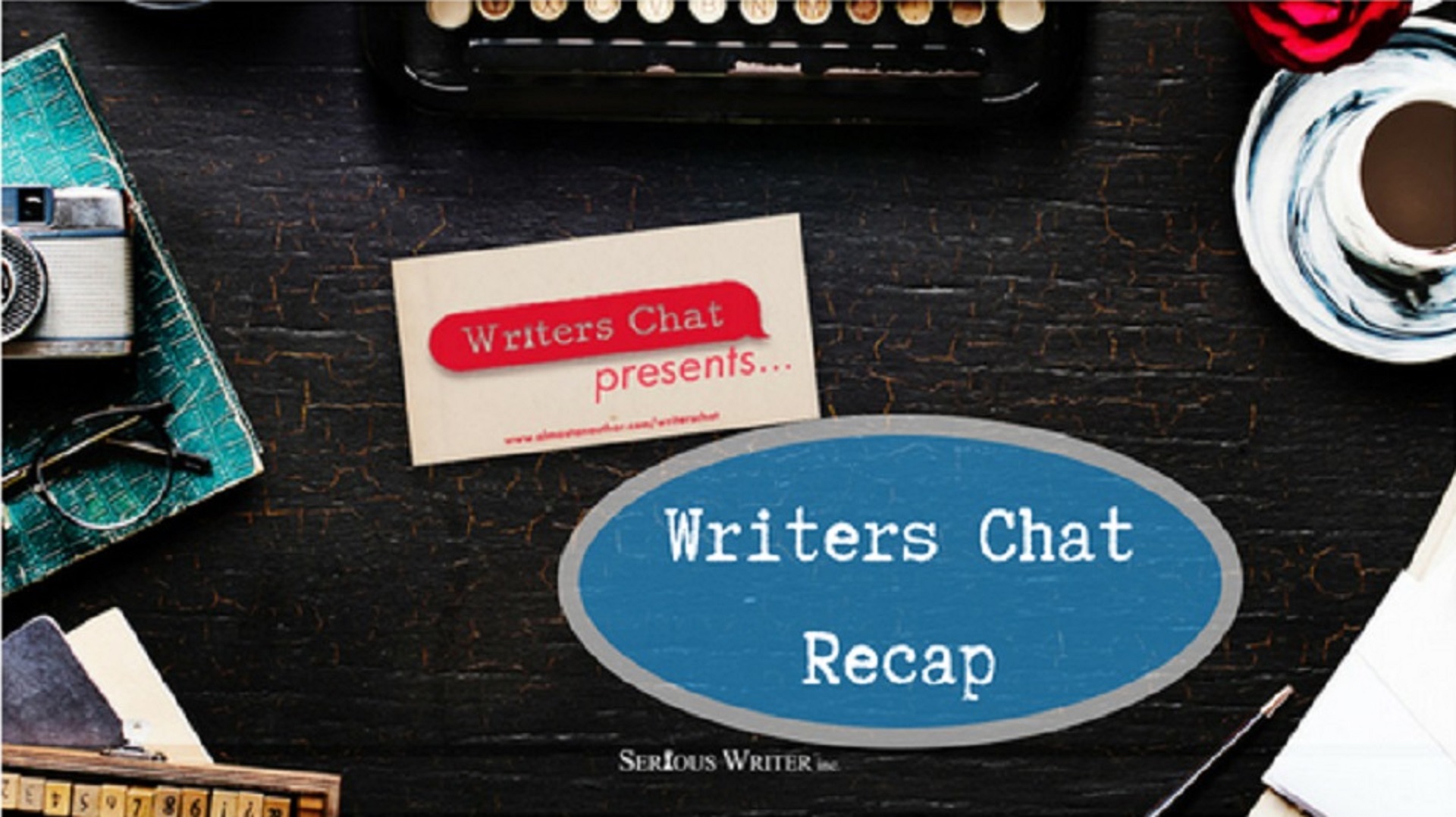
Writers Chat, hosted by Jean Wise, Johnnie Alexander, and Bethany Jett, is the show where we talk about all…
October 30, 2019
This year has been a year of crazy weather in the South with abnormally high temperatures late into fall.…
October 29, 2019
Sometimes writers have a hard time sticking to one genre. I’d thought I see what Judy Christie had to…
October 27, 2019
Shawn Smucker writes stories with a poetic sensibility that makes me lose track of time and space. His debut…
October 26, 2019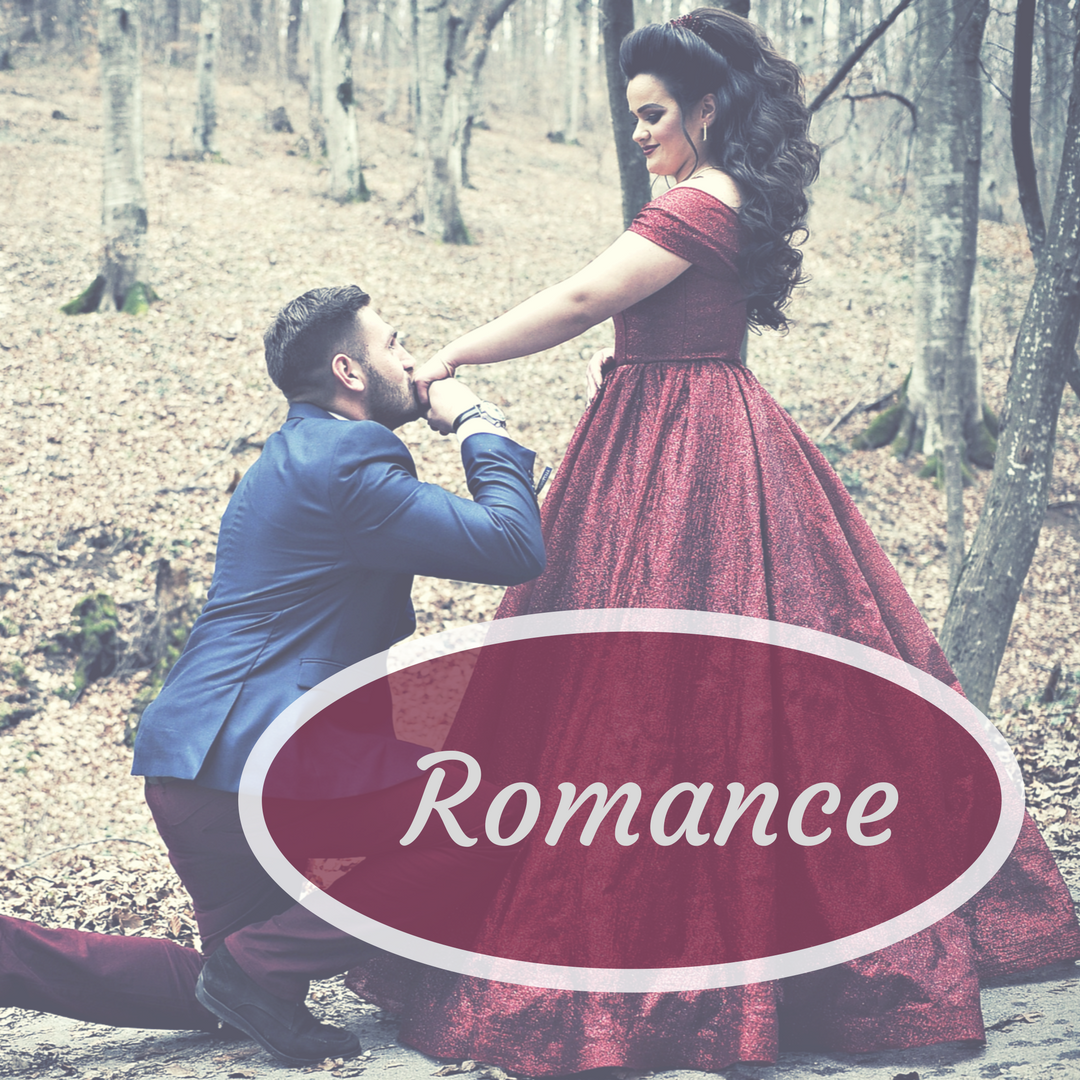
In my last column, I wrote about the first meeting. Now that your characters have met, the first blush…
October 23, 2019
We’re toward the end of our self-editing blog post punctuation series, but it certainly is not the end of…
October 22, 2019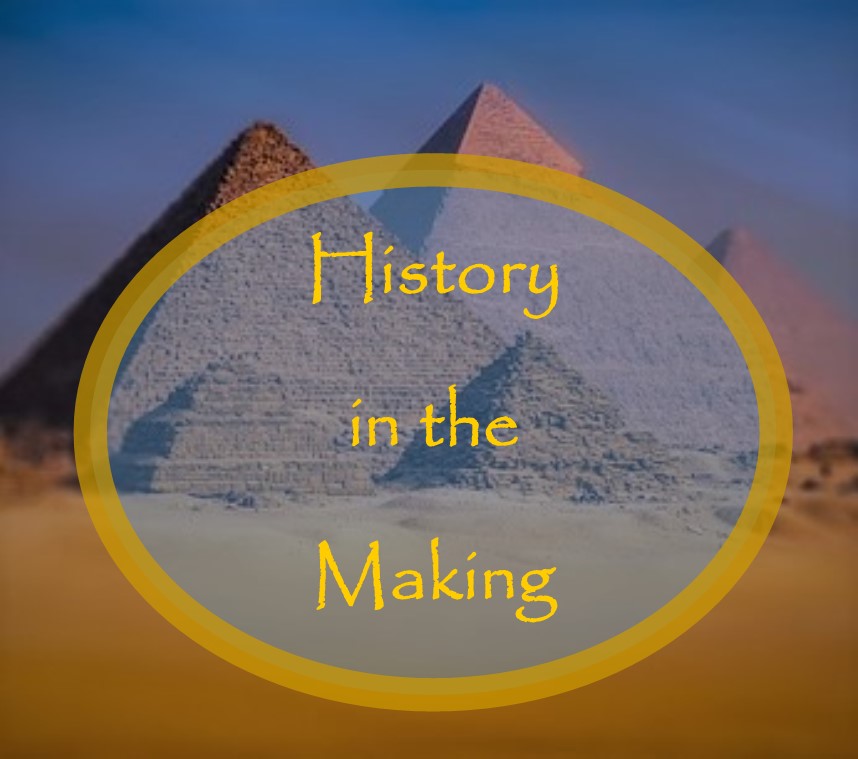
As a writer, I like to continue writing flash fiction or short stories while working on a novel. My…
October 20, 2019
Have you ever felt stuck using the same dialogue tags? It can creep in when we get comfortable with…
October 18, 2019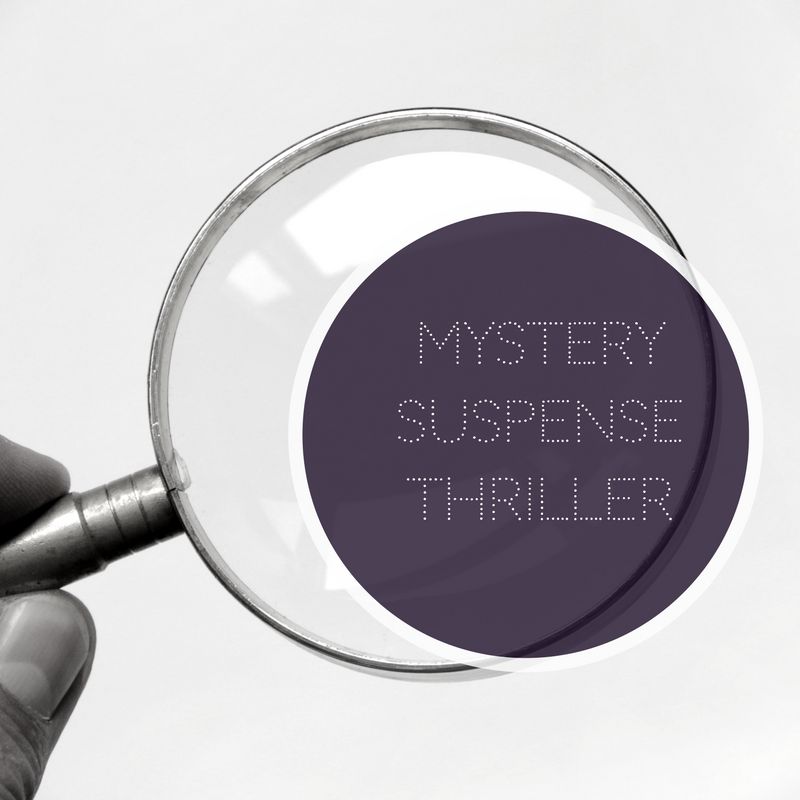
Should I worry about trends? Do I write what I want and hope it sells? Is the mystery, suspense,…
October 17, 2019
You had an idea. You wrote. You slept. You wrote some more. You edited. You cried. (Just me? Oh.…
October 16, 2019
Writers Chat, hosted by Jean Wise, Johnnie Alexander, and Bethany Jett, is the show where we talk about all…
October 15, 2019
Almost an author is proud to be named one of the 50 Best Writing Websites of 2019 on Reedsy.com.…
October 14, 2019
As a writer, one thing that almost everyone will agree and accept is the fact that without inspiration, it…
October 13, 2019
Indie authors often want to know how to build a writing brand. There are actually two sides of being…
October 12, 2019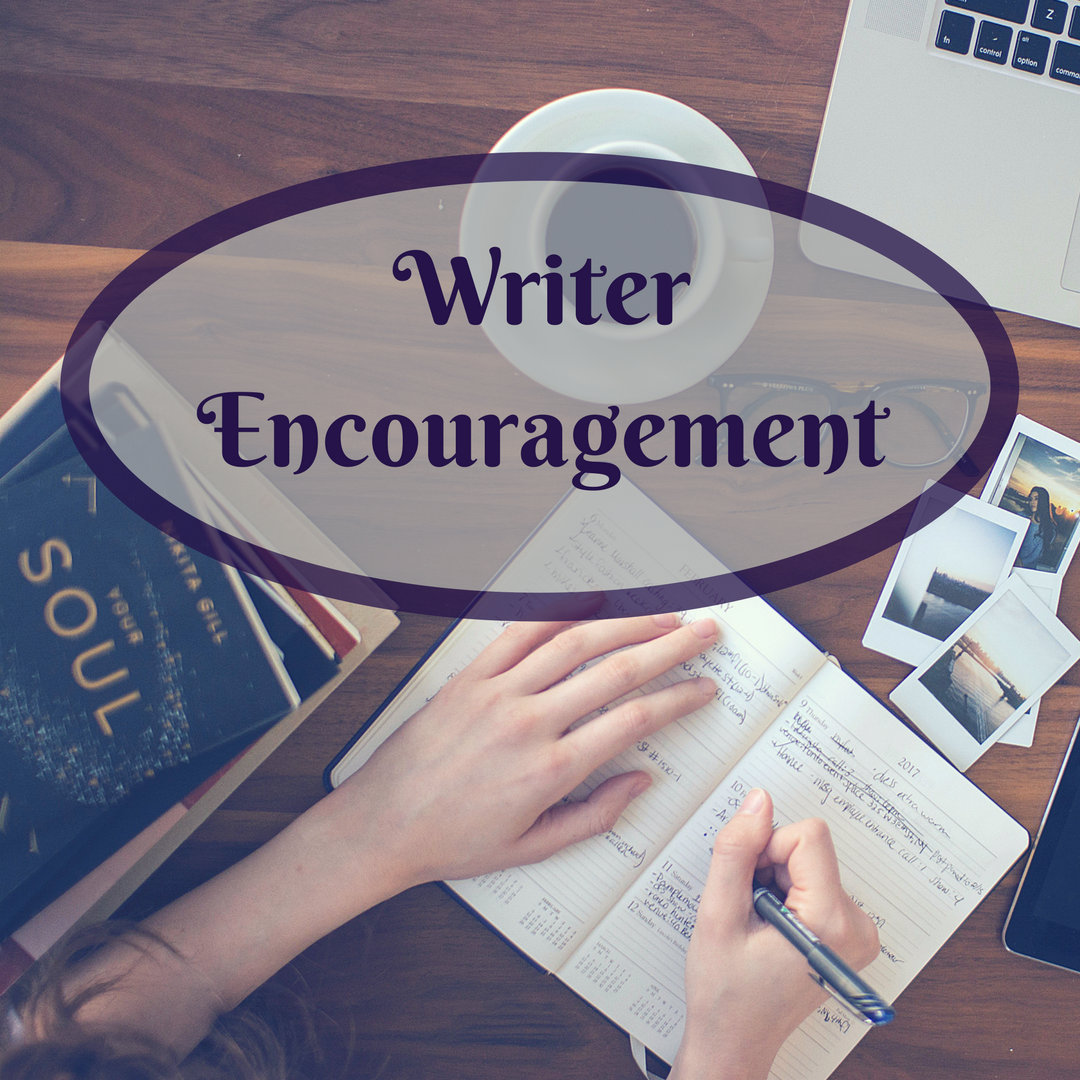
A recent sermon at my church could have been written for writers. It revolved around impatience and pride. The…
October 11, 2019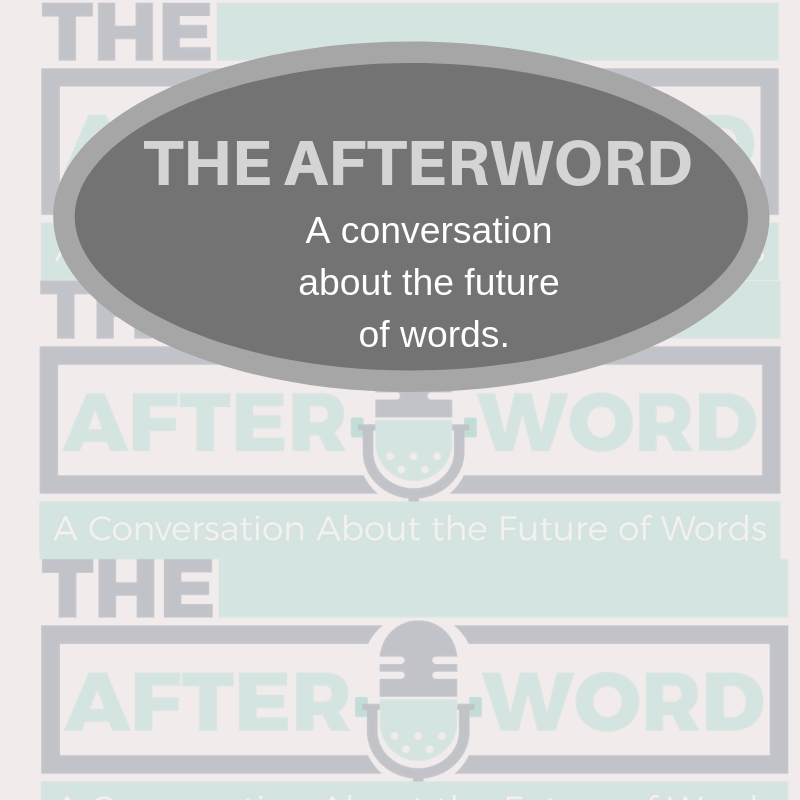
Some editors say sports stories are the hardest stories to write because we already know the endings. But readers…
October 10, 2019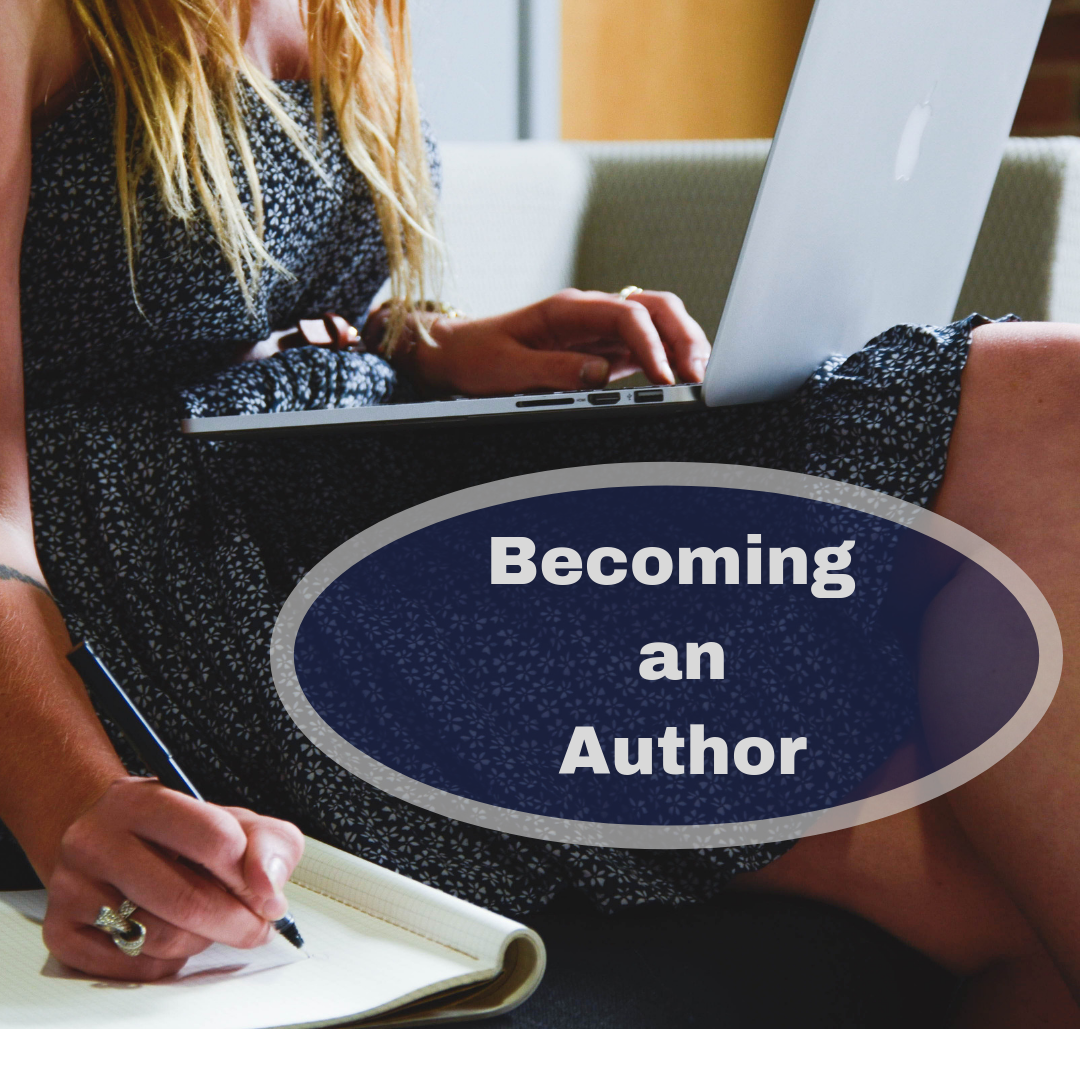
When I meet with writers at writing conferences, they aren’t always afraid to share why they want a literary…
October 9, 2019
Can you connect all your writing projects to one central theme? If you are like me, it may seem…
October 8, 2019
There’s something about a good sci-fi story that pulls me in and doesn’t let me go. In those moments,…
October 7, 2019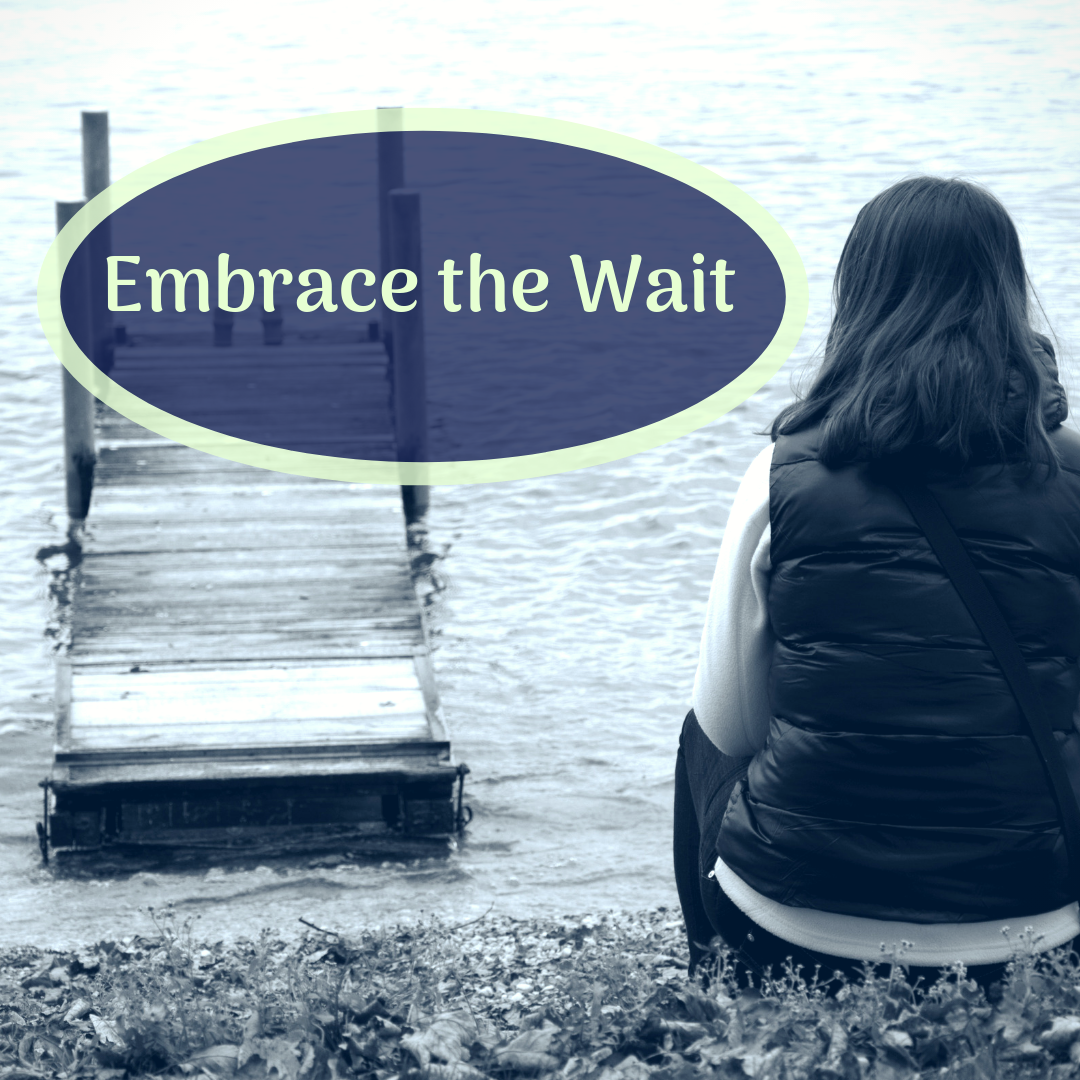
The life of an introvert is whelming—not over, not under—just whelming. And that’s how I like it. When my…
October 5, 2019
Recently my best friend contacted me about having a guys’ night out. He said he wanted to go see…
October 4, 2019
“Pharaoh…is only a loud noise; he has missed his opportunity.” Jeremiah 46:17 (NIV) Do you know anyone who talks…
October 3, 2019
Writers Chat, hosted by Jean Wise, Johnnie Alexander, and Bethany Jett, is the show where we talk about all…
October 2, 2019
Can you share a little about your recent book? 52 Weekly Devotions for Families Called to Serve provides easy…
October 1, 2019